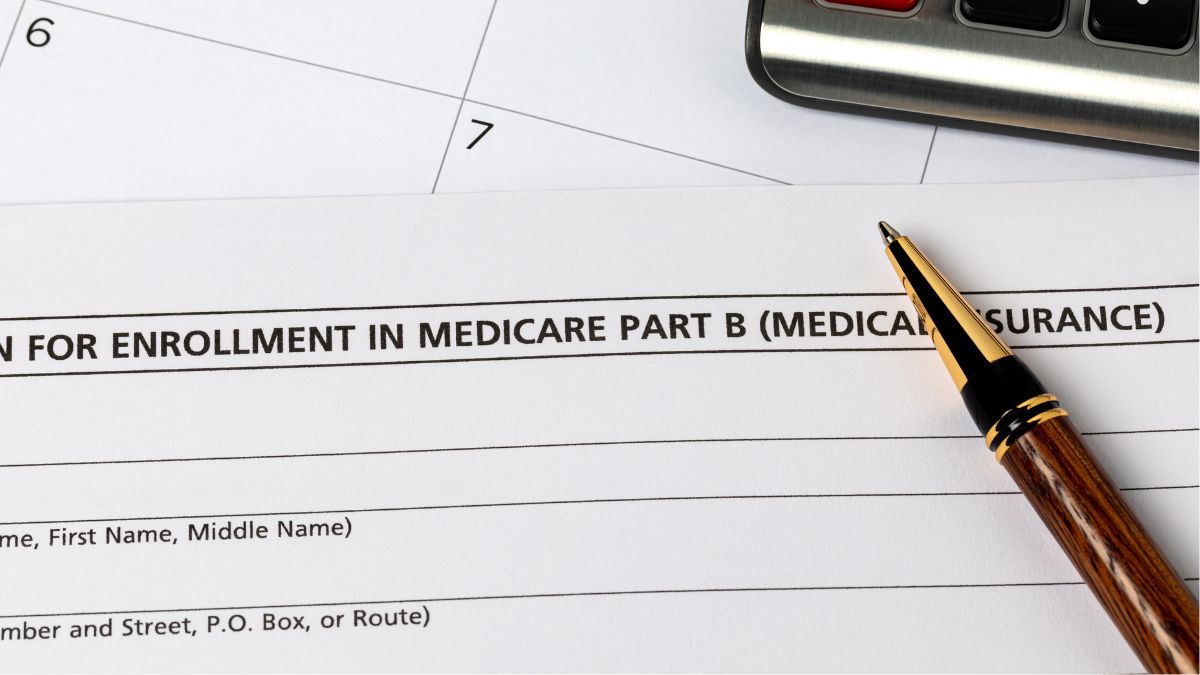Medicare’s open enrollment period begins soon, and with that news comes a lot of questions like “are there any changes coming next year?” and “are there ways I can save?” To help answer them, Woman’s World asked financial experts what you need to know about the government-funded insurance program. Read on for more.
What to know about Medicare open enrollment 2026
Medicare open enrollment—or Annual Enrollment Period (AEP)—is when people eligible for the program can join or make changes to their plan. It’s the one time of year to make changes to your coverage or switch to a Medicare Advantage Plan. For 2026, open enrollment runs from October 15 to December 7, allowing users several weeks to decide which plan is best for them.
“There is no single Medicare plan that’s best for everyone, because everyone has different medical needs, priorities and finances,” Whitney Stidom, vice president of consumer enablement at eHealth, explains. “People also have several ways to access Medicare coverage, spanning Medicare Advantage, Medicare Supplement and Part D plans. Not only that, but beneficiaries also have an average of over 40 Medicare Advantage plans to choose from in their local areas.”

“To find the best match for them, Medicare beneficiaries should look for plans that cover their prescription drugs at a price they can afford, and ensure that their preferred doctors and hospitals are in network,” she continues. “People will also want to make sure they understand the out-of-pocket costs for any new plan they select. The monthly premiums may look great, but if people are faced with serious medical expenses and can’t afford the deductibles, copays and coinsurance under their new Medicare coverage, it may not be the best plan for them.”
Are there any changes coming to Medicare in the next year?
In 2026, Medicare Part A and B premiums will increase, and Part D will have a new deductible. Medicare Advantage Plan users will also see several changes, including reduced prescription drug plan offerings from CVS Health, Humana and UnitedHealth Group.
“With widespread changes for many Medicare plans in 2026, being proactive is key and can help people save time, money and contribute to improved wellbeing,” Stidom says. “Shopping around is crucial. By comparing Medicare Advantage plans based on individual needs and budgets, people can potentially save over $1,800 annually in out-of-pocket costs while maintaining access to quality care.”
“One new trend is the growing popularity of chronic special needs plans (C-SNP)—specially designed Medicare Advantage plans for people with certain health conditions, such as diabetes or cardiovascular disease. If eligible, these plans can help lower prescription medication costs and can offer additional benefits specifically designed for people with qualifying chronic conditions,” she continues. “For example, people with diabetes may qualify for a diabetes-focused chronic special needs plan. These plans can provide improved coverage for blood glucose monitoring supplies or access to lifestyle programs focused on improving nutrition and exercise habits. This additional coverage and support can help translate into lower healthcare expenses and potentially improved wellbeing.”
As of publication, it’s unclear whether the government shutdown will affect the open enrollment period or Medicare as a whole. It’s also unclear whether the bill Congress is currently voting on will contain any major changes to the insurance program.
How to save on Medicare during open enrollment
To save on Medicare in 2026, the best thing you can do is shop around to get the best plan for you.
“Many Medicare beneficiaries start online with a private marketplace, which can help people compare plans side by side from multiple insurers. Some websites make it convenient to compare Medicare Advantage plans based on various factors, including personal health needs, locations, prescribed drugs and more,” Stidom says. (Check out the helpful info at Ehealth and Medicare.)

“Working with a licensed insurance agent doesn’t cost anything extra. Licensed agents can answer beneficiaries’ personal questions about costs and coverage and make recommendations based on these factors,” she continues. “Most State Health Insurance Program (SHIP) counselors receive some training in Medicare and volunteer their time to help others, but they typically do not have a health insurance license, which is required to make recommendations on which plan is the right fit based on individual needs. Tellingly, Medicare beneficiaries who work with a licensed agent report higher coverage satisfaction than individuals who don’t.”






